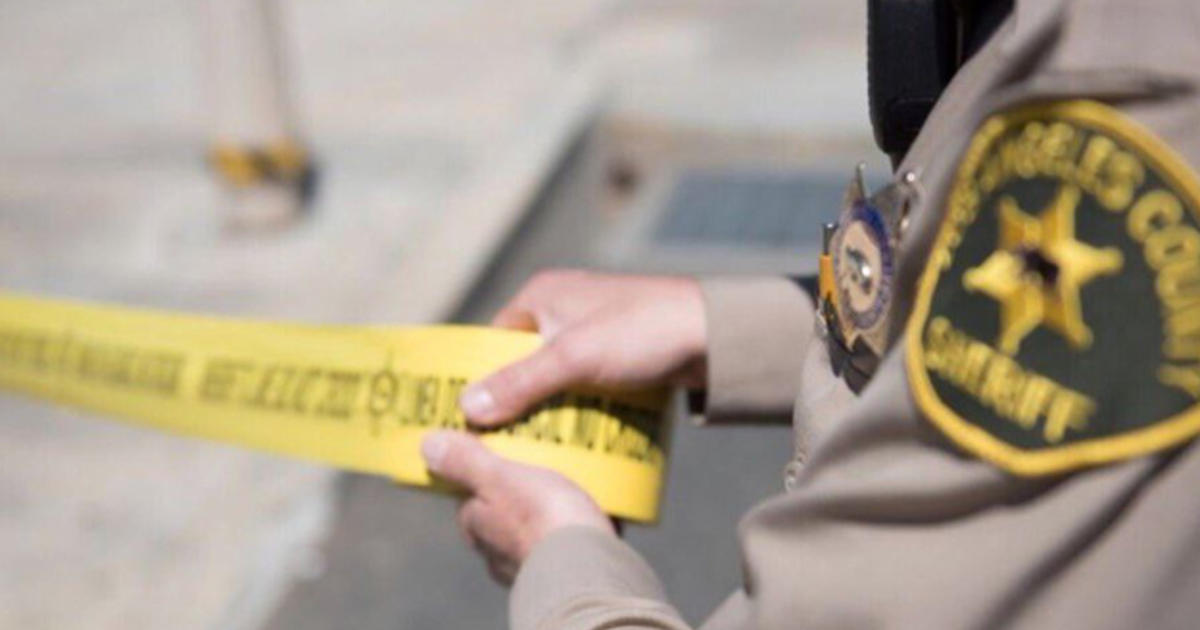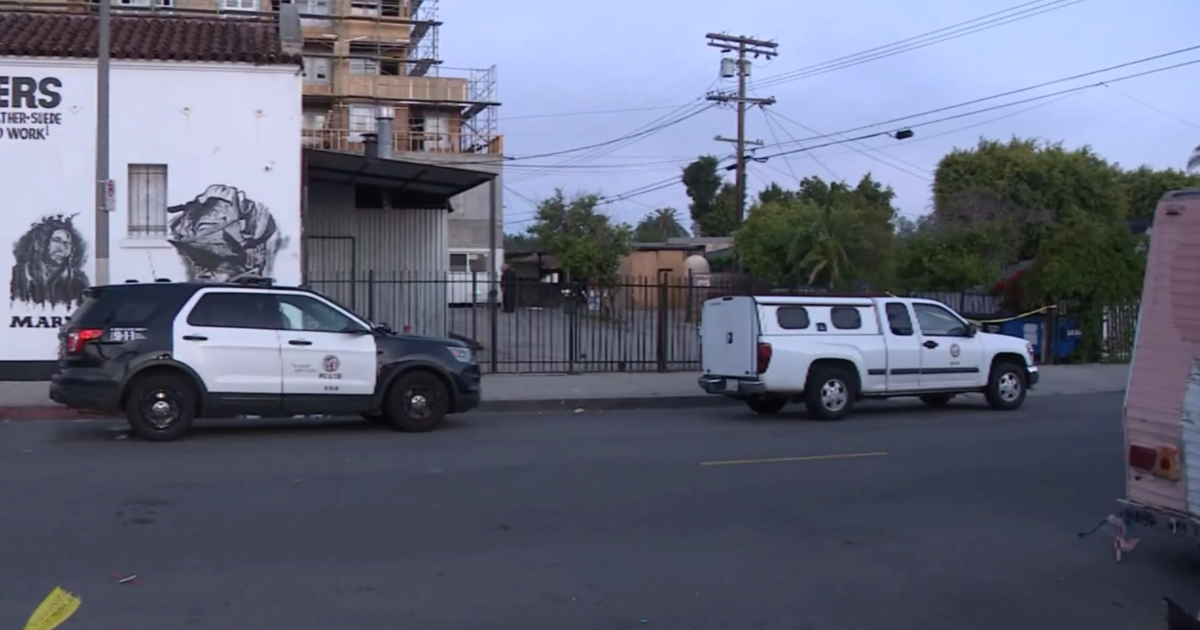Be Prepared: Steps To Take Immediately After Your Wallet Is Stolen
If you're like most people, your wallet is your connection to your financial world, containing everything from credit cards to identification cards. But lose your wallet or have it stolen and you may find yourself among the 16.6 million victims of identity theft. According to LifeLock, "20-percent of identity theft victims who knew how their information was stolen said it was from a lost or stolen wallet." An additional 29-percent report multiple kinds of theft due to a lost or stolen wallet.
To identity thieves, there's no easier way to quickly gather all the personal information they need to steal your identity and complete fraud, including your address, social security number, credit card and back account information and driver's license number. While no one plans to have their wallet to go missing, there are three critical steps you can take immediately after your wallet is lost or stolen to protect yourself from identity thieves.
Report Your Wallet Missing or Stolen
It may seem obvious, but the minute you find your wallet has disappeared, report it immediately to your local police department. Filing a police report helps to establish a record of your loss, which can be crucial should you discover your identity has been compromised. Provide as much information as possible, such as whether your wallet was stolen or lost, its contents and where you think you may have last seen it.
Contact Your Bank
In addition to filing a police report, you'll want to contact your bank to close your accounts and modify any direct deposits or automated payments. You'll also need to cancel your ATM card and apply for a new one as soon as possible since you're less liable for transactions made to your account once you report the card lost.
Be Put on Fraud Alert
Fraud alert requires that anyone requesting credit or loans in your name has their identification verified with potential creditors and lenders. Call your credit reporting bureaus and ask them to use an initial or extended fraud alert for your profile. This can help guard against future identity theft by preventing someone from opening additional accounts or credit lines in your name.
Jessica Wasik lives in Pittsburgh where she works as a full-time figure skating coach sharing her passion with todays generation of young skaters. A graduate of Robert Morris University with a degree in English Studies, Jessica is also a contributing writer for AXS.com. Her work can be found at Examiner.com.
![]()
![]()
For more information, visit CBS Los Angeles's Identity Theft section
![]()




